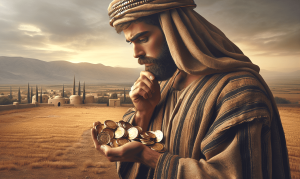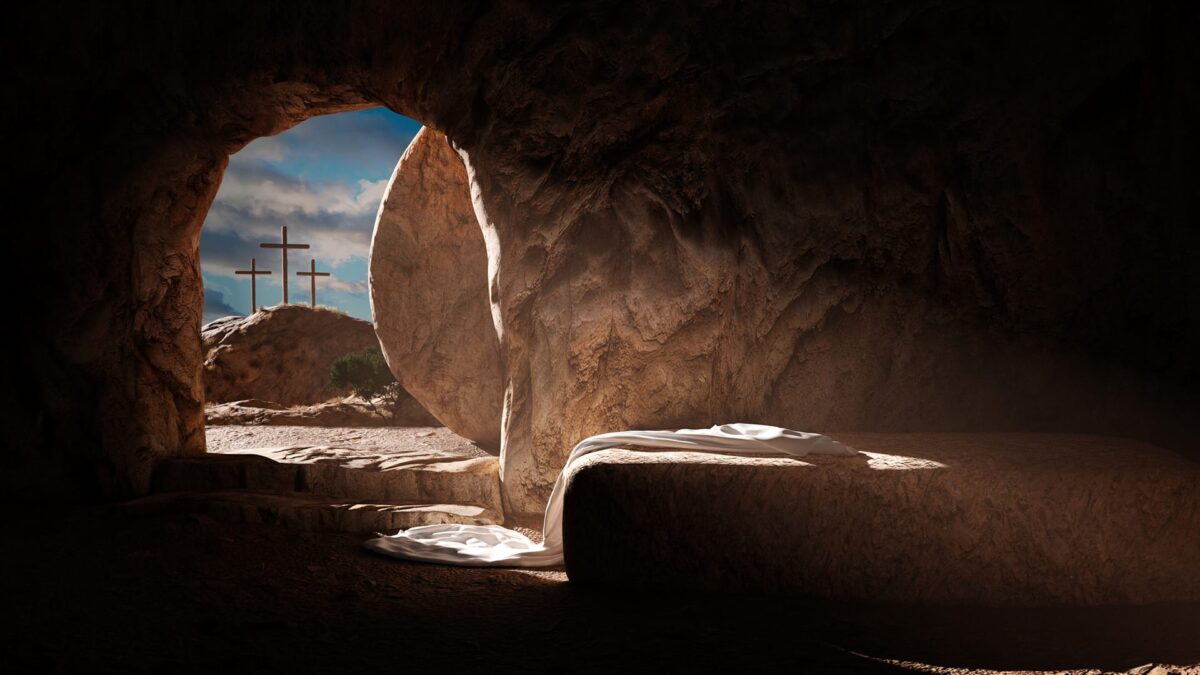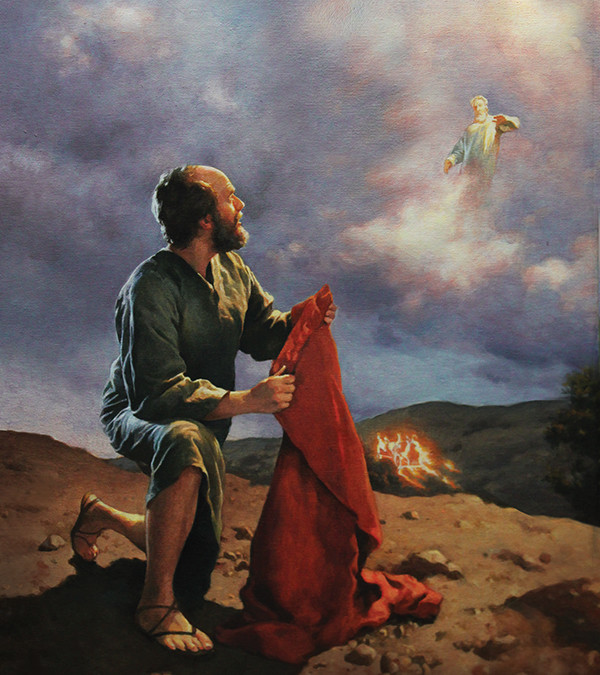Sunday morning we delved deep into the subject of end times prophecies and how to approach them with both wisdom and skepticism. For those who couldn’t join us or would like a refresher, here are a few key takeaways from the sermon:
- Skepticism is Healthy: It’s important to approach end times predictions with a critical eye, using biblical wisdom to discern the truth from sensationalism.
- Context Matters: We examined how cultural and historical contexts can influence our understanding of scriptures, emphasizing that verses like Matthew 24:29 should be interpreted in light of their original setting.
- Beware of Misinterpretation: The sermon warned against using Bible verses to predict specific events, such as using the date of a solar eclipse to declare the end of the world.
- Historical Insight: We explored the destruction of Jerusalem in 70 AD and how it serves as a reminder that earthly kingdoms are transient and that prophecies have context that is often overlooked.
- Don’t Be Deceived: We must guard against those who use fear to manipulate others, particularly when they claim to predict Jesus’ return or other apocalyptic events.
- Faithfulness and Discernment: The sermon concluded with a call to live faithfully and to steward our lives wisely, praying for discernment to resist deceptive teachings and to embrace genuine revelation.
We at Revive Chicago Church must be equipped with tools to navigate prophetic claims with a balanced and educated approach. As we move forward, let us hold onto these insights and apply them to our daily walk with the Lord.
Five Day Bible Reading Plan and Devotional
Day 1: Understanding Prophecy and Discernment
Bible Reading: Matthew 24:1-14
Devotional: Today we reflect on the words of Jesus regarding the signs of the end times. In a world full of predictions and conspiracy theories, it’s crucial to understand the biblical perspective on discerning truth. Jesus warned of false prophets and the need for vigilance. As you read, consider how Jesus emphasized the importance of steadfastness in faith amidst deception and turmoil. Ask yourself, how can you apply discernment in evaluating modern-day claims about the end times?
Reflection Question: What signs does Jesus say will indicate the end times, and how can you avoid being led astray by false teachings?
Day 2: The Significance of Scripture Context
Bible Reading: Matthew 24:15-28
Devotional: As we continue exploring Matthew 24, we see Jesus providing specific instructions and warnings to His disciples. Context is key when interpreting prophetic scripture. Today, ponder the historical and cultural backdrop of Jesus’ words. Think about how this passage applies to the original audience and the lessons it holds for believers today.
Reflection Question: How does understanding the context of Jesus’ prophecy help you discern its application for your life?
Day 3: Heeding Warnings and Staying Watchful
Bible Reading: Matthew 24:29-35
Devotional: Jesus describes cosmic disturbances as signs of the end. In our search for wisdom, we’re reminded to not be carried away by every claim of prophetic fulfillment. Reflect on the natural and human inclination to seek signs and wonder if this aligns with Jesus’ teaching. Consider the balance between awareness of the times and unwavering trust in God’s sovereignty.
Reflection Question: What does Jesus mean when He talks about the sun being darkened, and how can you stay focused on His message rather than external events?
Day 4: The Fall of Jerusalem as a Historical Lesson
Bible Reading: Luke 21:20-24
Devotional: Today we turn to Luke’s account of Jesus’ prophecy concerning the destruction of Jerusalem. This event in 70 AD serves as a historical reminder of the fulfillment of Jesus’ words and the reality of prophetic warnings. Contemplate the transient nature of earthly kingdoms and the enduring truth of God’s word.
Reflection Question: How does the historical event of Jerusalem’s destruction influence your understanding of biblical prophecy and God’s faithfulness?
Day 5: Remaining Faithful Amidst Uncertainty
Bible Reading: 2 Peter 3:3-14
Devotional: In his second letter, Peter encourages believers to remain steadfast, despite scoffers and the uncertainty of the times. The call is to live holy and godly lives as we await the Lord’s return. Reflect on the call to be vigilant, not in predicting the exact time of the end, but in living a life that honors God each day.
Reflection Question: How can you cultivate a lifestyle of faithfulness and stewardship as you anticipate the Lord’s return, according to Peter’s exhortation?
Closing Prayer for the Week:
Heavenly Father, as we delve into Your word this week, grant us wisdom and discernment to understand the times without falling into the trap of fear or deception. Help us to heed Your warnings with sober-mindedness and to live with the expectation of Your return, grounded in faith and love. May we steward our days wisely, ever watchful for Your genuine truths. In Jesus’ name, Amen.

It’s The Little Things
The Kingdom of God: Ownership, Faithfulness, and the Little Things Have you ever felt like God was a harsh taskmaster, just waiting for you

Seeking Wisdom Is Underrated
The Pursuit of Wisdom: A Path to Lasting Success Quick decisions and instant gratification is our culture’s calling card. However, there’s a timeless truth

Staying Hallowed On Halloween
Staying Holy in a Dark World: Navigating Halloween as a Christian As October rolls around each year, many Christians find themselves wrestling with how

Are You A Pillar Or A Prop?
Embracing the Noble Task: A Call to Leadership and Purpose Titles, status, and personal gain are huge drivers of worldly culture. Unfortunately those same

Time To Dig Deep
Building on Solid Ground: The Call to Dig Deep in Faith When things feel all topsy-turvy, we yearn for something unshakeable: a foundation that

Older Brother Syndrome
The Prodigal Wasn’t The Only Son We’ve all heard the story of the prodigal son – the wayward child who squanders his inheritance, only





